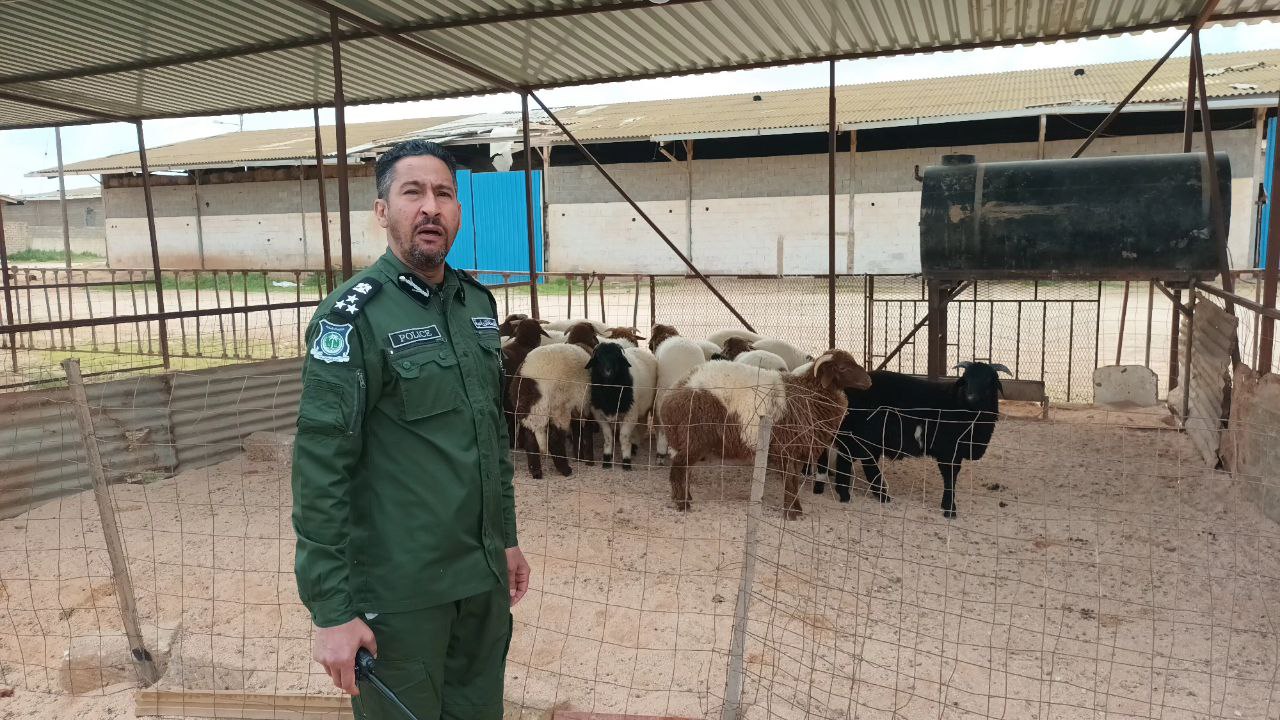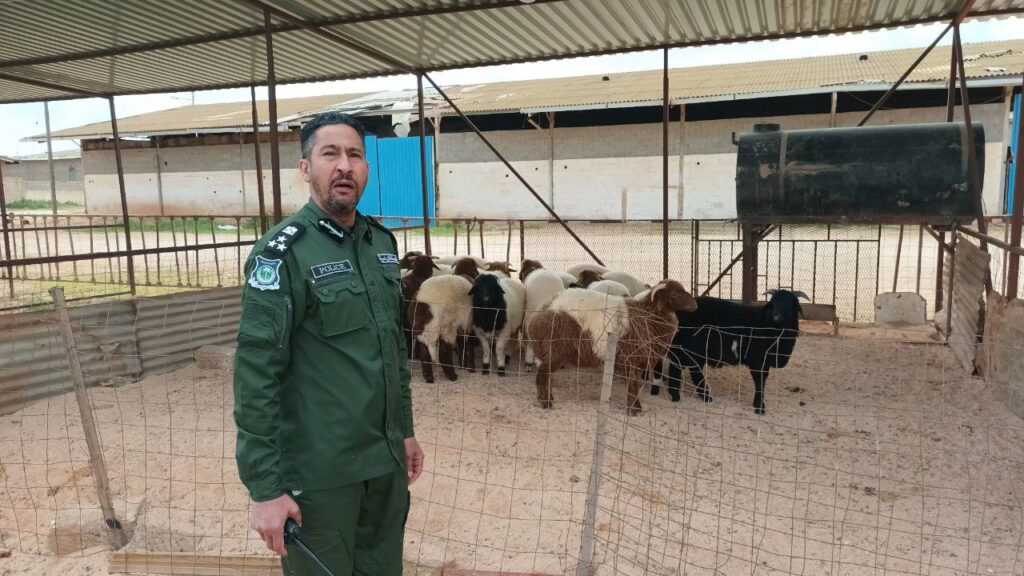In a bid to contain the outbreak of the highly contagious Rift Valley fever across the nation, authorities in Benghazi took sweeping action on Tuesday, ordering the closure of several major livestock markets in the city.
The move came as part of a coordinated interagency campaign spearheaded by Benghazi’s Municipal Guard working in conjunction with the Criminal Investigation Department, Military Police, and Environmental Sanitation and Animal Health Authority.
Markets shuttered included the livestock trading hubs in the Al-Qawarsah and Al-Kuwaifiya districts, which draw vendors and buyers from across the region. Vendors were given no advance warning, with officials deploying before dawn to lock down the facilities, citing urgent public health concerns.
Rift Valley fever is a viral disease that primarily affects domesticated ruminants such as cattle, sheep and goats. However, it can be transmitted to humans through contact with infected animals or animal products, prompting fears of a wider epidemic.
The virus, which causes hemorrhagic fever, encephalitis and eye lesions in humans, has no approved vaccine or course of treatment. Mortality rates in some previous outbreaks have topped 30%.
While no human cases have yet been reported, the abrupt market closures underscore the severity of the situation. Authorities are urging the public to exercise extreme caution, avoid any contact with stray or ailing livestock, and immediately report potential symptoms to health professionals.
With little economic activity to fall back on amid the Covid-19 pandemic, the loss of the livestock trade could prove devastating for many Benghazi families. The path forward remains uncertain as officials grapple with one of the region’s most menacing viral threats.






